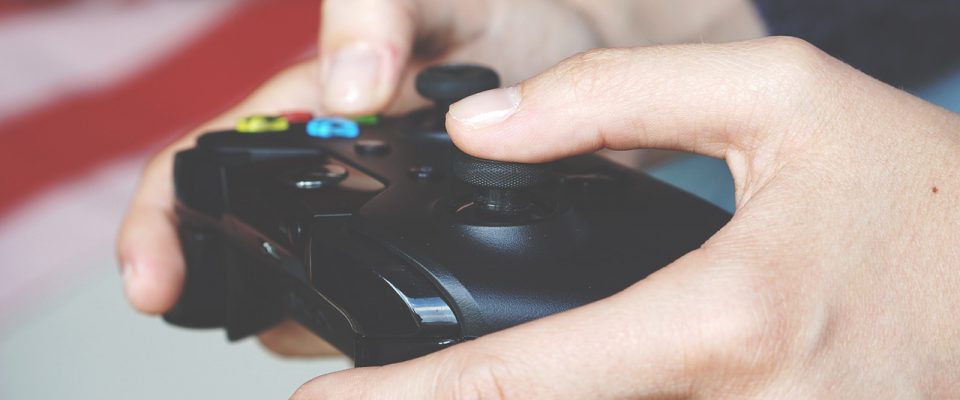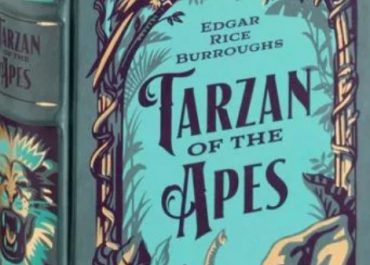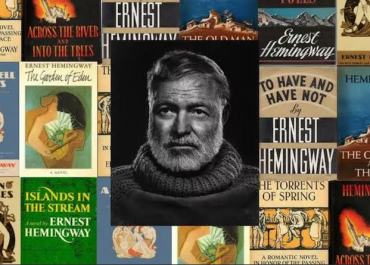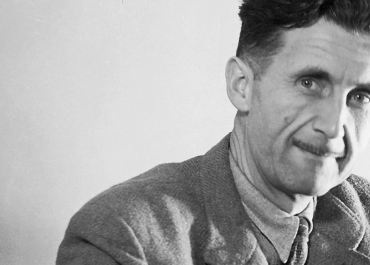
Copyright and video games
You automatically own the copyright to any original work, including a video game, as soon as it’s published in a fixed, tangible form. But it is natural to want to protect your product to the extent possible under the law. So, let’s talk about copyright protection for video games.
With the establishment of international intellectual property treaties there have been global standards set for subject matters of protection, but video games are not covered as a category of their own. After copyright protection was given to software programs, video games started to become popular and started to seek protection under this new subject-matter but in most countries, multiple copyrights are required to protect different components of a game.
According to the Berne Convention protection can be drawn from the wide definition of «Literary and Artistic Work» in Article 2. WIPO says: «Although Article 2 of the Berne Convention provides a solid basis for eligibility for protection of video games by copyright, they are in fact complex works of authorship, potentially composed of multiple copyrighted works.» WIPO has also stated that «there is no clear classification of video games and their protection will vary depending on each particular game and the elements that are part of it. In this sense, video games can be treated as computer programs and, thus, are classified as works of authorship; in that case, the source code for a video game is classified as a literary work. If pictorial or graphic authorship predominates, a video game may be classified as a visual arts work. Similarly, if motion picture or audiovisual authorship predominates, a video game may be classified as a motion picture/audiovisual work.»
Modern video games contain at least two main parts: audiovisual elements (including pictures, video recordings and sounds); and
software, which technically manages the audiovisual elements and permits users to interact with the different elements of the game.
What parts of video games do copyright laws protect? Character images, scene images, setting, dialogue, music. Sometimes it even protects the way character moves. For example, the movement and function of the bricks in the video game Tetris are protected from copyright infringers.
Copyright laws provide video game creators with the exclusive rights to reproduce, sell, and create spinoff products based on their video game code, characters, images, and dialogue. When gamers purchase a video game, they are essentially purchasing a license to use the game under the guidelines specified by the company. Licensing terms may vary from game to game, so it is important to carefully read the license.
You can find more information on this topic and study the research including survey of national legislation on the protection of video games on the WIPO website: https://www.wipo.int/copyright/en/activities/video_games.html
If you are ready to register your copyright now, go to our main page. We are always ready to help you with registration and answer your questions.





